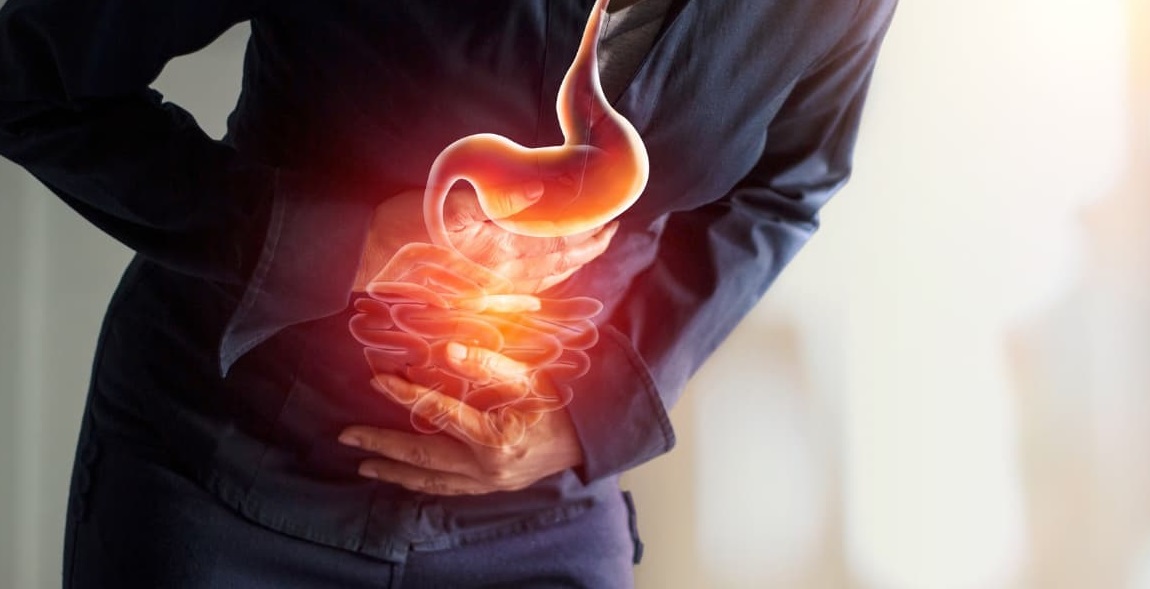
Your Gut Could Be the Problem
Ashamedly I must admit my lack of willpower has led to the bulge hanging just under my chest. I did not put it there; I did nothing to cause it to be there; these are my claims. However, my doctor tells a different story. I am sure you know this bulge is the result of poor health, poor diet, or a lack of exercise, or all three. Ashamedly again, three is me.
You assuredly guessed the problem when you saw ‘bulge’ – I am overweight. My doc says to improve the state of my health problems, type 2 diabetes and high blood pressure, I need a strict diet and exercise. My doc also shared something I wanted to hear even less: consider your gut as an opposite-indicator of your lifespan. The bigger your gut the shorter your lifespan. The smaller your gut the longer you will live.
A pastor once told me I needed to be respectful and shed the bulge because my body is a temple unto God. When I said, “And it’s a mighty large temple,” he dropped his head and walked away. Reflecting on my response made me feel more ashamed.
Luckily, I can shed weight quicker than most and make these health problems just nuisances. Sadly, I have watched others struggle to lose in a much more determined manner than I and have no improvement. I watched a co-worker go on a somewhat strict diet, only to gain 2 pounds. He then began rigorously exercising daily, which made no change. It was painful watching his efforts not work. When one diet didn’t work he would skip to another, and another. He just could not lose the weight.
Amazingly his weight problem might have had little to do with diet and exercise. A recent study indicates the problem can be on the inside:
“Researchers have discovered how specific cells in the guts of mice slow down metabolism and eventually contribute to obesity, diabetes, hypertension and atherosclerosis. The findings, scientists say, could have important implications for the prevention and treatment of these kinds of metabolic diseases in humans. The study was funded by the National Heart, Lung, and Blood Institute (NHLBI), part of the National Institutes of Health and appears in the journal Nature.”
“The cells are called intraepithelial T lymphocytes (or natural IELs), and when they are not present, researchers discovered, the metabolism of mice goes into overdrive.”
“When natural IELs are present, however, the researchers found that they limit the availability of a type of hormones, incretin GLP-1, that help speed up metabolism. By limiting GLP-1, the natural IELs, in effect, slow down the body’s metabolism and conserve the energy it gets from food.”
Michelle Olive, Ph.D., program officer at the NHLBI Division of Cardiovascular Sciences, described:
“With this research we are connecting the dots between gut metabolic food sensors and cardiovascular disease; and might open new therapeutic avenues to treat patients with a host of related conditions.”
Filip Swirski, Ph.D., an associate professor at Harvard Medical School and Massachusetts General Hospital, Boston, and the study’s lead researcher, explained:
“The mice become metabolically hyperactive and, even when consuming a diet very high in fat and sugar, are able to resist metabolic diseases such as obesity, hypertension, hypercholesterolemia, diabetes, and atherosclerosis.”
“Looking forward, we need to better understand IELs function in metabolism. We also need to know whether therapeutic targeting of IELs in humans can be a treatment for obesity, hypercholesterolemia, diabetes, and hypertension.”
Everyone with a bulge must be quite excited to read this: your habits may not, entirely, be the reason for your bulge. The problem could well be within your gut. This is a good topic to share with your doctor and ask if they can learn more. Fixing this problem could dramatically improve your health, and lifespan.

Recent Comments